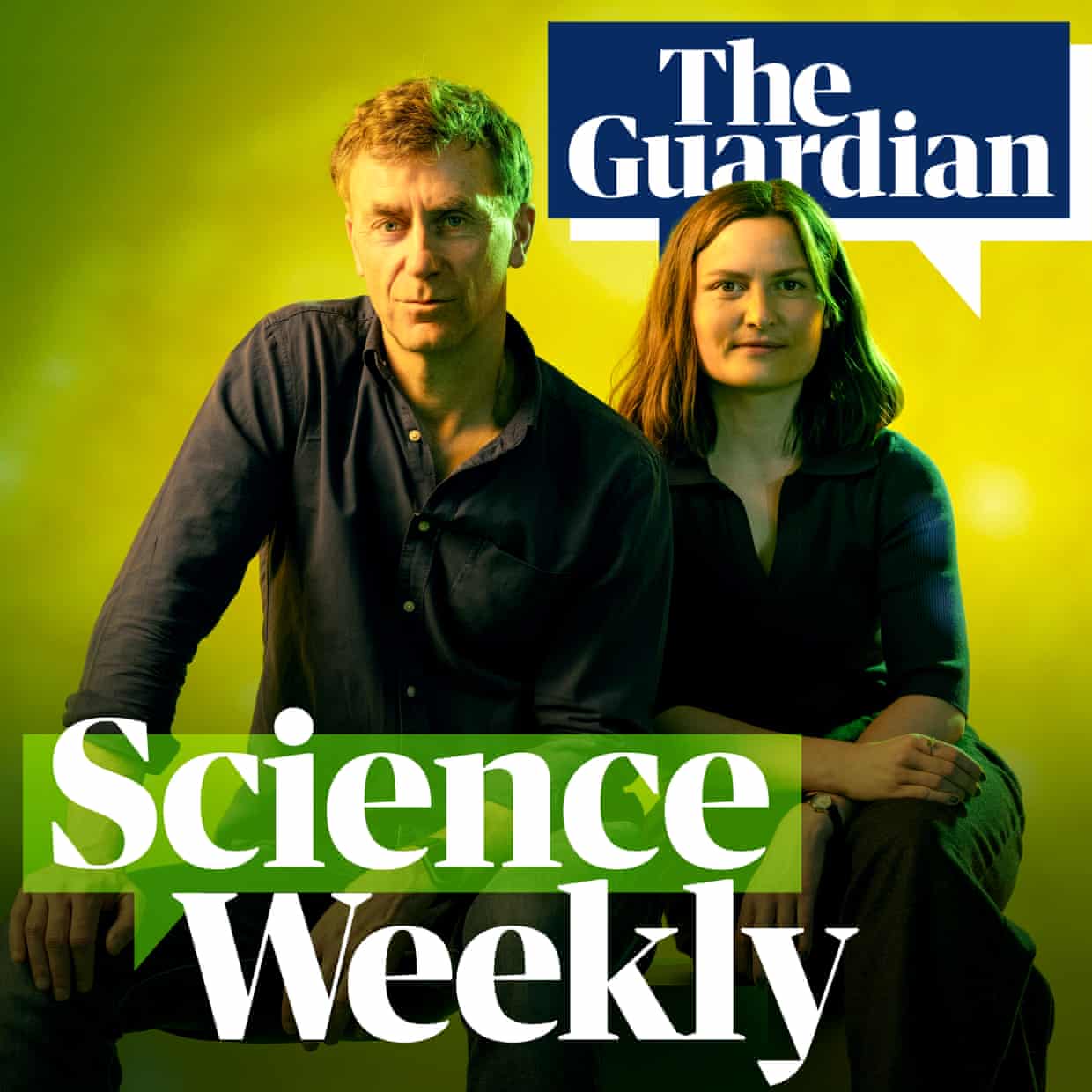Science
Unraveling Deceit: How to Recognize a Liar in Society

A recent podcast produced by the BBC explores the intricacies of deception, offering insights on how to identify liars in everyday interactions. Released on March 15, 2024, the episode features expert opinions and psychological research, aiming to equip listeners with tools to discern truth from falsehood in both personal and professional contexts.
The podcast, titled “Traitor or Faithful: How to Spot a Liar,” delves into the psychological signals that may indicate dishonesty. Renowned psychologist David Craig discusses the cognitive and emotional cues that can reveal when someone is not being truthful. These cues, he explains, can range from body language to inconsistencies in verbal communication.
Through a series of compelling examples, the episode illustrates how cultural differences can affect perceptions of honesty. For instance, certain gestures considered deceptive in one culture may be entirely acceptable in another. This aspect of the discussion emphasizes the importance of context when interpreting signals of deceit.
Understanding the Psychology of Deceit
Listeners are encouraged to reflect on their own experiences with dishonesty, as Craig highlights that everyone has encountered situations where the truth was obscured. He outlines several common traits associated with liars, including evasiveness, nervousness, and overly elaborate explanations.
According to research cited in the podcast, the ability to detect lies is not merely an intuitive skill. It often requires a keen understanding of human psychology and behavior. Craig emphasizes that a combination of observing body language and listening to verbal cues is essential for accurately identifying deception. For example, a person may avoid eye contact or fidget while speaking, which could signal dishonesty.
The podcast also addresses the societal implications of lying. In a world increasingly influenced by digital communication, the challenges of discerning truth have intensified. With the rise of misinformation online, understanding the mechanics of deceit is more crucial than ever.
The Role of Technology in Identifying Lies
As technology evolves, so too do the methods used to detect deception. The episode references various technological advancements, such as AI-driven analysis of speech patterns and facial recognition software, which are being developed to assist in lie detection. However, Craig warns that while these tools can enhance accuracy, they are not foolproof and should be used with caution.
Listeners are encouraged to engage with the content and consider how the insights shared can be applied to their own lives. The podcast concludes with practical tips for improving one’s ability to gauge honesty in conversations, highlighting the importance of critical thinking and discernment.
In summary, the BBC’s podcast sheds light on the complex nature of lying and the vital skills needed to navigate this challenging aspect of human interaction. By equipping individuals with knowledge about the psychological and technological facets of deceit, the podcast aims to foster a more honest society where truth prevails.
-

 Lifestyle2 months ago
Lifestyle2 months agoWinnipeg Celebrates Culinary Creativity During Le Burger Week 2025
-

 Health2 months ago
Health2 months agoMontreal’s Groupe Marcelle Leads Canadian Cosmetic Industry Growth
-

 Science2 months ago
Science2 months agoMicrosoft Confirms U.S. Law Overrules Canadian Data Sovereignty
-

 Education2 months ago
Education2 months agoRed River College Launches New Programs to Address Industry Needs
-

 Technology2 months ago
Technology2 months agoDragon Ball: Sparking! Zero Launching on Switch and Switch 2 This November
-

 Science2 months ago
Science2 months agoTech Innovator Amandipp Singh Transforms Hiring for Disabled
-

 Technology6 days ago
Technology6 days agoDiscord Faces Serious Security Breach Affecting Millions
-

 Technology2 months ago
Technology2 months agoGoogle Pixel 10 Pro Fold Specs Unveiled Ahead of Launch
-

 Science2 months ago
Science2 months agoChina’s Wukong Spacesuit Sets New Standard for AI in Space
-

 Technology2 months ago
Technology2 months agoWorld of Warcraft Players Buzz Over 19-Quest Bee Challenge
-

 Business2 months ago
Business2 months agoDawson City Residents Rally Around Buy Canadian Movement
-

 Technology1 week ago
Technology1 week agoHuawei MatePad 12X Redefines Tablet Experience for Professionals
-

 Business2 months ago
Business2 months agoNew Estimates Reveal ChatGPT-5 Energy Use Could Soar
-

 Science2 months ago
Science2 months agoXi Labs Innovates with New AI Operating System Set for 2025 Launch
-

 Education2 months ago
Education2 months agoAlberta Teachers’ Strike: Potential Impacts on Students and Families
-

 Technology2 months ago
Technology2 months agoInnovative 140W GaN Travel Adapter Combines Power and Convenience
-

 Technology2 months ago
Technology2 months agoFuture Entertainment Launches DDoD with Gameplay Trailer Showcase
-

 Technology2 months ago
Technology2 months agoGlobal Launch of Ragnarok M: Classic Set for September 3, 2025
-

 Technology2 months ago
Technology2 months agoArsanesia Unveils Smith’s Chronicles with Steam Page and Trailer
-

 Technology2 months ago
Technology2 months agoNew IDR01 Smart Ring Offers Advanced Sports Tracking for $169
-

 Science2 months ago
Science2 months agoNew Precision Approach to Treating Depression Tailors Care to Patients
-

 Technology2 months ago
Technology2 months agoHumanoid Robots Compete in Hilarious Debut Games in Beijing
-

 Business2 months ago
Business2 months agoBNA Brewing to Open New Bowling Alley in Downtown Penticton
-

 Health2 months ago
Health2 months agoGiant Boba and Unique Treats Take Center Stage at Ottawa’s Newest Bubble Tea Shop










